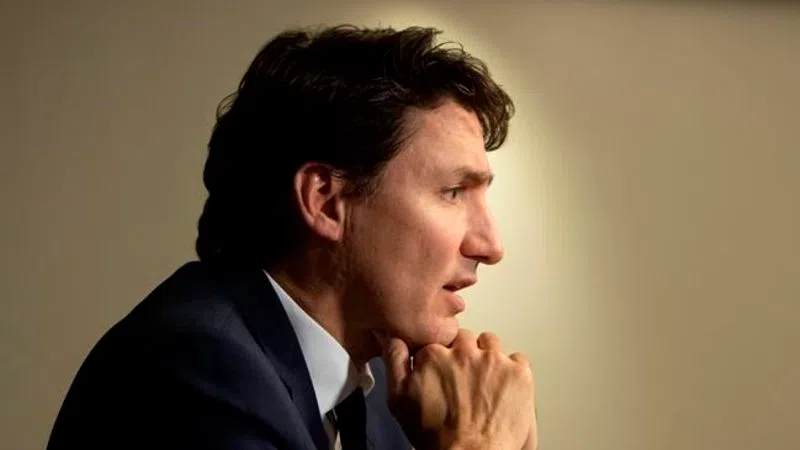
Legalizing hard drugs not a ‘panacea’ to opioids crisis, Trudeau says
OTTAWA — Prime Minister Justin Trudeau says he’s unconvinced that decriminalizing hard drugs is a “panacea” to the country’s ongoing opioids crisis, and other options need a chance before considering such a major policy shift.
But Trudeau once felt the same way about marijuana — conceding it during an interview this week — before changing his mind.
During the wide-ranging interview with The Canadian Press, Trudeau said the epidemic requires a complex set of answers and not simply decriminalizing opioids to undercut a tainted black-market supply, as some jurisdictions have suggested.
The prime minister said his government plans to focus on solutions such as giving doctors more authority to prescribe alternatives to street drugs and creating more supervised consumption sites across the country.
